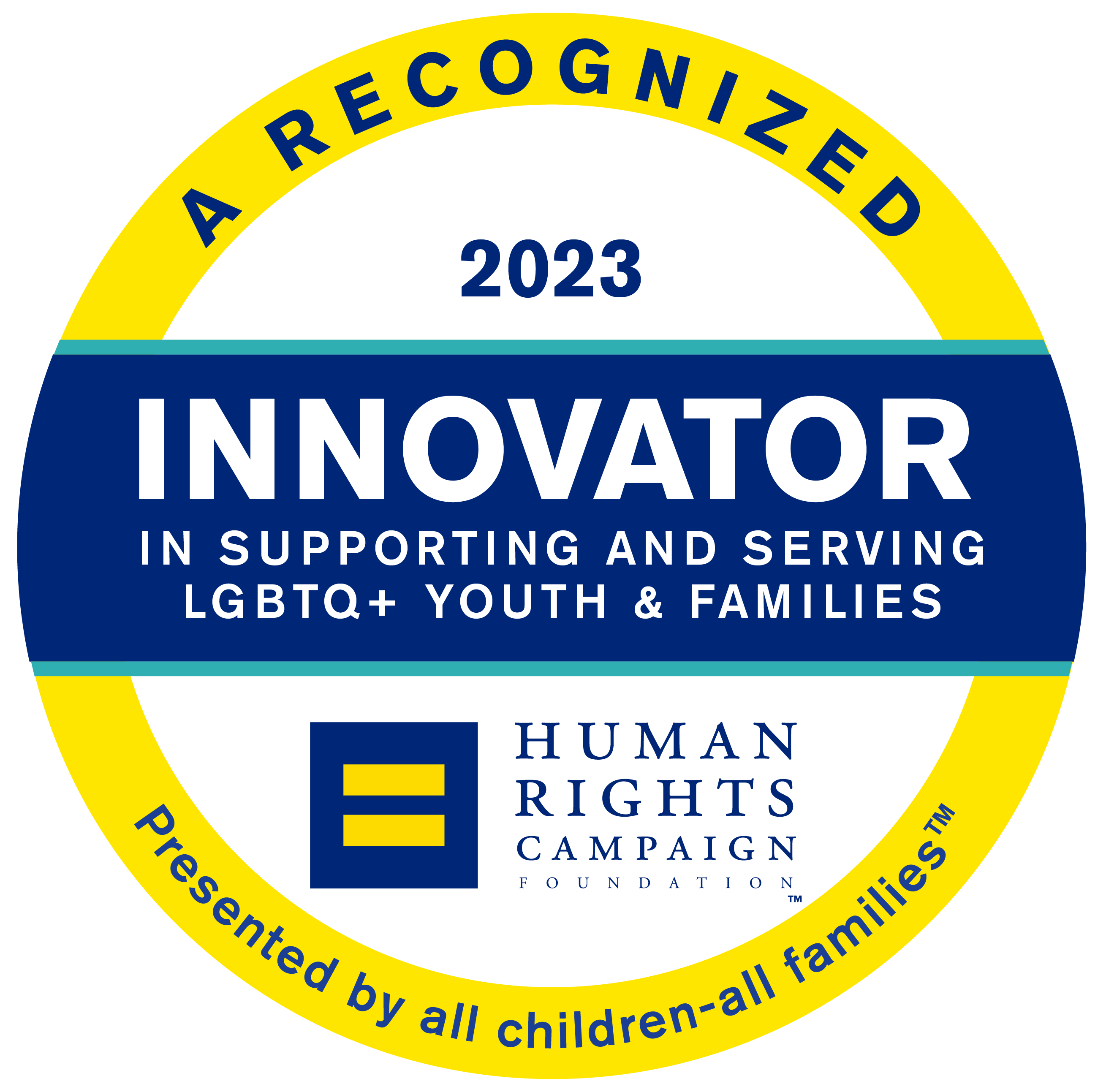Living in a #MeToo World
— BRAVE CONVERSATIONS SERIES —
A Deliberate Approach to Diversity, Equity, and Inclusion
Lawrence Hall’s DEI Committee strives to ensure Lawrence Hall is a diverse, equitable environment of belonging and inclusivity. Having “brave conversations” about diversity, equity, and inclusion (DEI) in the workplace is a necessity for healthy company culture and requires honesty, compassion, and self-reflection of all involved. Our Brave Conversations Series highlights topics not normally discussed but that have deep, personal impacts on our staff, youth, families, and communities.
March is Women’s History Month and presents the opportunity to have brave conversations about issues facing women today. Our third conversation is around Sexual Harassment, Sexual Violence, and #MeToo.
CONTENT WARNING: This post and resources listed include readings, media, and discussion around topics such as sexual harassment, sexual assault, domestic violence, physical violence, and identity-based discrimination and harassment. We acknowledge that this content may be difficult. We also encourage you to care for your safety and well-being.
Sexual harassment, sexual violence, and the #MeToo movement
Sexual harassment is defined as behavior characterized by the making of unwelcome and inappropriate sexual remarks or physical advances in a workplace or other professional or social situation. Hostile work environment sexual harassment includes someone you work with making you the target of unwelcome sexually suggestive or demeaning comments, repeated and unwelcome requests for dates, offensive gestures, offensive touching, jokes or pranks, intimidating behaviors, or pornographic materials.
Sexual assault is an act in which one intentionally sexually touches another person without that person’s consent, or coerces or physically forces a person to engage in a sexual act against their will. It is a form of sexual violence, a category which includes child sexual abuse, groping, and rape.
The #MeToo phrase was first coined in 2006 by Tarana Burke, an advocate for women in New York. Burke wanted a way to empower women who had endured sexual violence by letting them know that they were not alone—other women had suffered the same experience. The #MeToo movement opened up an ongoing public dialogue about the issues as well as progressive changes in how society views the very real challenges of dealing with sexual harassment and assault. In fact, one of the biggest changes is the fact that survivors can now share their stories publicly without fear.
According to the people working with issues of harassment and assault, the #MeToo movement has moved things in the right direction, but there is still a long way to go.
How badly is this affecting women?
- Although people are definitely paying attention to what is happening—and most agree sexual harassment is wrong—people are still being harassed and assaulted in record numbers. In fact, 81% of women and 43% of men nationwide reported experiencing some form of sexual harassment or assault in their lifetime, according to a 2018 study conducted by the University of California and the non-profit, Stop Street Harassment.
- Survivors of sexual assault and harassment are still dealing with victim-blaming, not to mention the threat of retaliation for speaking up.
- Native Americans are at the greatest risk of sexual violence. On average, Native Americans ages 12 and older experience 5,900 sexual assaults per year. Native Americans are twice as likely to experience a rape/sexual assault compared to all races.
- Domestic and sexual violence affects black women at higher rates, and that these acts are more likely to go unreported and undiscussed. 1 in 5 black women are survivors of rape. 35% of black women experienced some form of contact sexual violence during their lifetime
What can you do?
From changes in federal laws to real safety for survivors who speak up, there is still a lot that needs to be addressed before sexual assault and harassment becomes an issue of the past.
- Speak up and get help. If you have been a victim of sexual harassment or assault, know it is not your fault and please reach out to someone. Some support hotlines and chat options are listed below.
- Be aware. This has been a societal norm for hundreds—if not thousands— of years, so constant self-assessment is crucial to catching unintended harassment.
- Take action. You may have heard the term “bystander intervention” to describe a situation where someone who isn’t directly involved steps in to change the outcome. Whether you’re taking home a friend who has had too much to drink, explaining that a rape joke isn’t funny, or contacting HR about a coworker’s behavior, choosing to step in can affect the way those around you think about and respond to sexual violence.
- Listen and support survivors of sexual harassment and violence. Not sure how? The Rape, Abuse, and Incest National Network’s (RAINN) National Sexual Assault Hotline have recommendations on how best to support someone who disclose sexual assault to you.
- Avoid judgment. It can be difficult to watch a survivor struggle with the effects of sexual assault for an extended period of time. Avoid phrases that suggest they’re taking too long to recover such as, “You’ve been acting like this for a while now,” or “How much longer will you feel this way?”
- Support public policy action. Urge your legislators to co-sponsor The No Time Limit for Justice Act. Don’t let cruel and arbitrary statutes of limitations deny survivors of childhood sexual abuse a pathway to justice.
Domestic Violence Hotline: 800-799-7233 or text START to 88788
The Rape, Abuse, and Incest National Network (RAINN) has a 24-hour, 7-day a week support line you can reach over the phone 800.656.4673 or by online chat: https://www.rainn.org/
FURTHER READING
Women facing ‘massive increase in hostility’ in workplace, #MeToo-era study says
Me Too is a Movement, Not a Moment by the founder of the #MeToo Movement, Tarana Burke
Sexual Assault and the LGBTQ Community
“I’d just like to be free” – young women speak out about sexual harassment
“We should be able to be who we want to be” – young queer women speak out about sexual harassment
MOVIES
Confirmation (2016) directed by Rick Famuyiwa
North Country (2005) directed by Niki Caro
The Rape of Recy Taylor (2017) directed by Nancy Buirski
Doublespeak: A Short Film on Sexual Harassment (2021) directed by Hazel McKibbin
On the Record (2020) by Amy Ziering and Kirby Dick
The Hunting Ground (2015) directed by Amy Ziering and Kirby Dick
The Invisible War (2012) directed by Amy Ziering and Kirby Dick
TV SERIES
I May Destroy You (HBO) created, written, co-directed, and executive produced by Michaela Coel
Unbelievable (Netflix) co-created, written, and directed by Susannah Grant
BOOKS
Unbound: My Story of Liberation and the Birth of the Me Too Movement
Tarana Burke
Speaking Truth to Power
Anita Hill
Speak
Laurie Halse Anderson
Know My Name
Chanel Miller
Things We Didn’t Talk About When I Was a Girl
Jeannie Vanasco
What We Talk About When We Talk About Rape
Sohalia Abdulali
Not That Bad
Roxanne Gay
Written on the Body: Letters from Trans and Non-Binary Survivors of Sexual Assault and Domestic Violence
Lexie Bean, Dean Spade, Nyala Moon, Alex Valdes Sawyer DeVuyst, and Ieshai Bailey
MUSIC
Til It Happens to You | Lady Gaga
PODCASTS
The Harassment Free Workplace Podcast April Terreau
Search
Categories
- Blog (15)
- Grants and Awards (5)
- News (75)
Lawrence Hall is a 501(c)(3) organization. Gifts are deductible to the full extent allowable under IRS regulations.
©2025 Lawrence Hall All rights reserved. Site Construction by WorkSite









